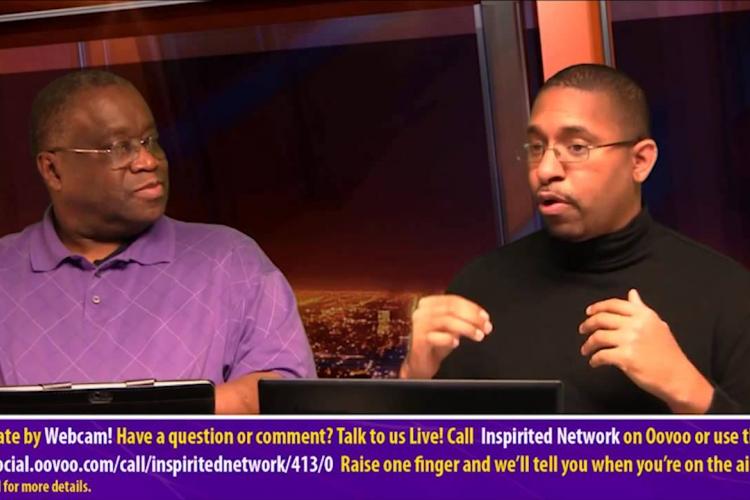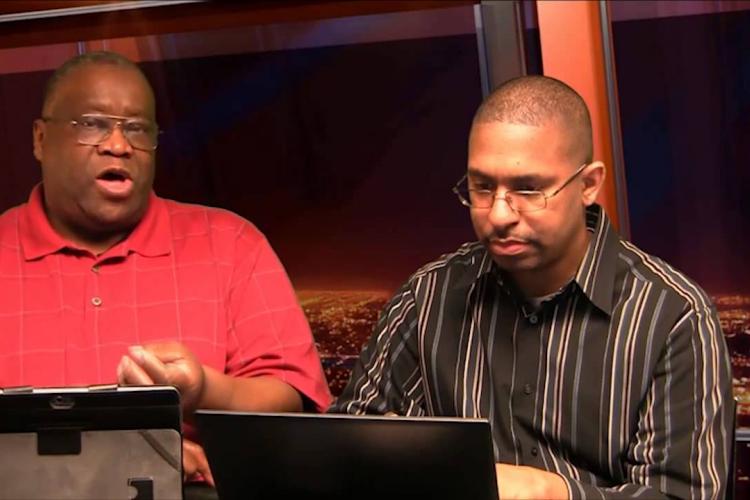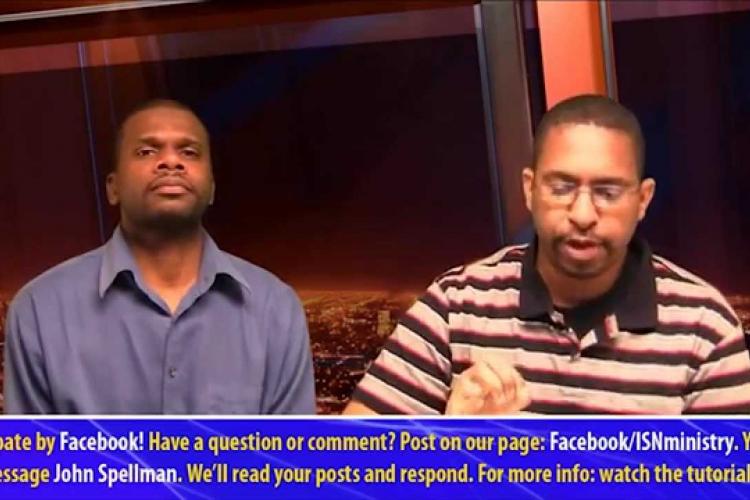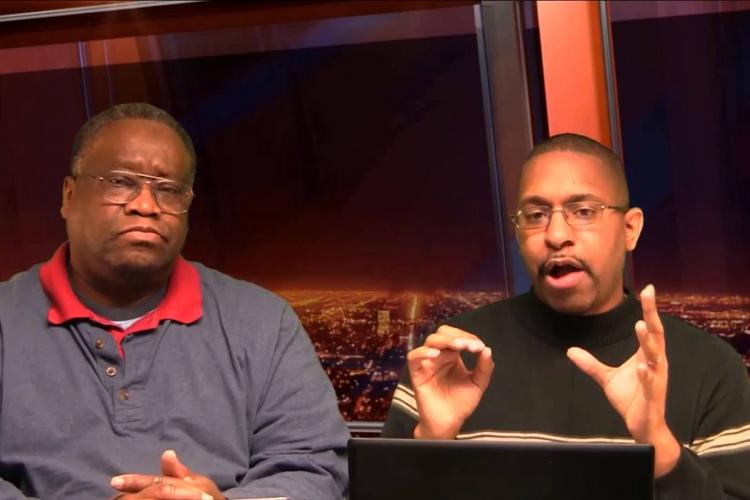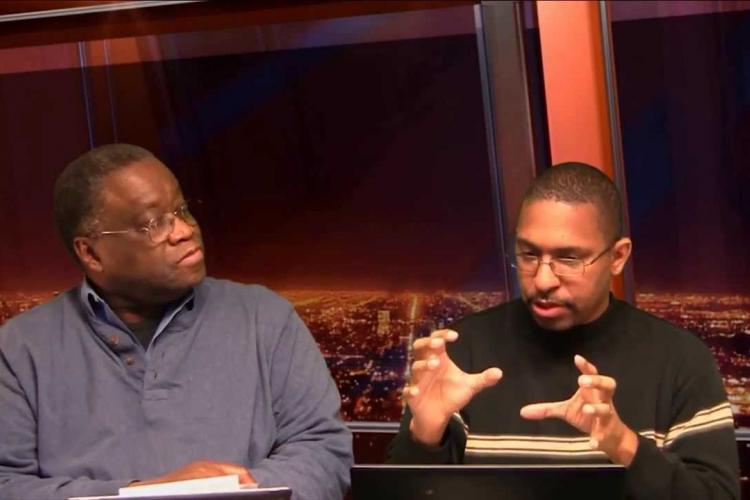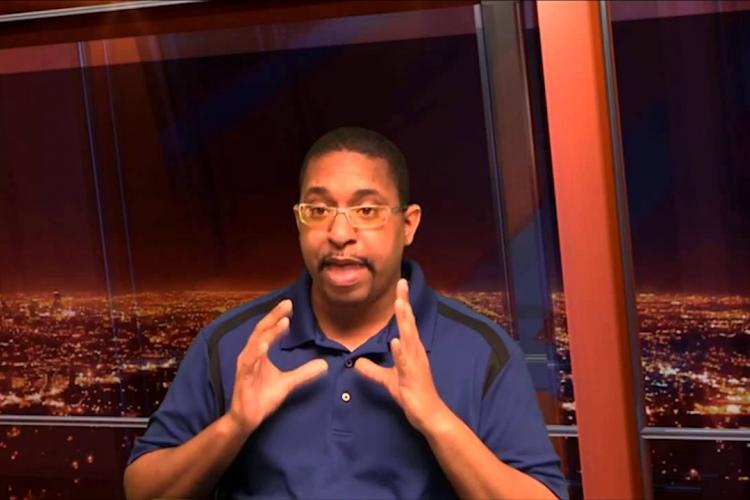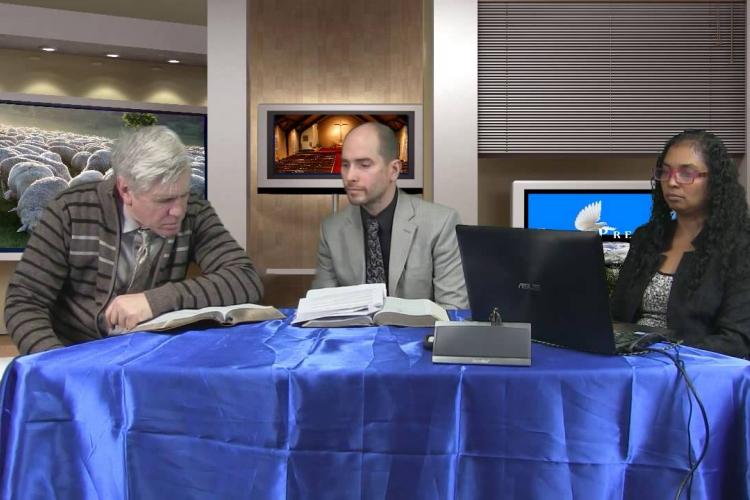What is the relationship between faith and works? Should our faith motivate us to do works? Is it possible to have faith and take no action on it? Was there a difference between what Paul said about faith and works in comparison to James? What does it mean to have true faith? This week we continue our study of the book of James looking at faith that works.
James had a lot to say about love and law. He corrects the church, rebuking the partiality and favoritism of the wealthy while many neglected the poor. James discusses how partiality transgresses the law of love. But how? Is there more to the law than we understand at surface value? Does the fairness with which we treat each other impact our keeping of God's Commandments? Can a person keep the Commandments yet not care for the poor? Can one be a Commandment keeper and be wealthy? What does love have to do with God's Law and justice. We explore these topics this week.
Jesus prayed for the church to be united, but what were the grounds for that unity? What were the unifying factors of God's church? How can we put unity into practice? What or whom did Jesus say was the foundation of the church? What rock is it founded upon and how can we be sure? When conflict arises amongst brethren, what steps can we take toward conflict resolution?
What does it mean to live like Christ? How exactly did Jesus live and what motivated his actions? What does a Christ-like life look like today? Is it humanly possible? Can we truly learn to love one another the way that He loved us? This week we explore what it means to live like Christ.
What is the difference between God's Law and Christ's Law? Does Christ's Law trump the law of God? Are Christians under a completely different set of rules today, rather than God's Ten Commandments? Jesus gave His disciples a "new" commandment; but, was this commandment really new? How does all this tie in to God's covenant relationship with His people? This week we explore the relationship between God's Law and Christ's Law. We will also clear up common misconceptions held by many today in regard to the binding nature of God's Law.
What kinds of people did Jesus reach out to? How do we define "social outcasts". Does God expect us to reach out to the poor, the imprisoned, the mentally ill, and those with diseases? What does the example of Jesus show us in scripture, and what does this example mean for Christians today? How should the church relate to sinners? These questions are explored in this week's lesson.
This week we study the essence of the Great Controversy over God's character. Why is God on trial? Why does God need to vindicate His character to anyone? What were Satan's lies about God and how has God chosen to respond? God created beings that are free moral agents. What does this say about His government as king of the Universe? Can there truly be a merger of justice and love? If God was only love, or only justice, what would that mean for us?
This week we start a new series on rebellion and redemption. Why is the world as messed up as it is today? Are the corruption, disease, pollution, and problems we observe part of God's design? What went wrong in the Garden of Eden? Is God to blame for Adam and Eve's mistake? Why did the tree of the knowledge of good and evil exist? Was mankind set up to fail? Why was humanity given power to choose? How does all this tie in with the Great Controversy and with our lives today?
Dr. Andy Nash joins us this week as we study the beginning of the ministry of Jesus. Why was Jesus led into the wilderness? How did Jesus fulfill prophecy as He went to different places during His ministry? What did Jesus' life reveal about the character of God in contrast to the character of Satan? What message did both Jesus and John the baptist preach, and how would that compare with the message that the world needs to hear today? How can we gain comfort and encouragement looking at the early days of Jesus' ministry according to the gospel of Matthew?
Have you ever found personalities difficult to deal with? Are there some strong personalities in your life that many find hard to adjust to? Whether in your marriage, friendships, home, church, work, or your community, sometimes people commit crimes against relationships. Why is it so hard to be kind to others? Where does God fit in with all this? Does God care about relationships? Does He have the power to fix broken ones? If so, how? Find out this week on Ever-Present.

